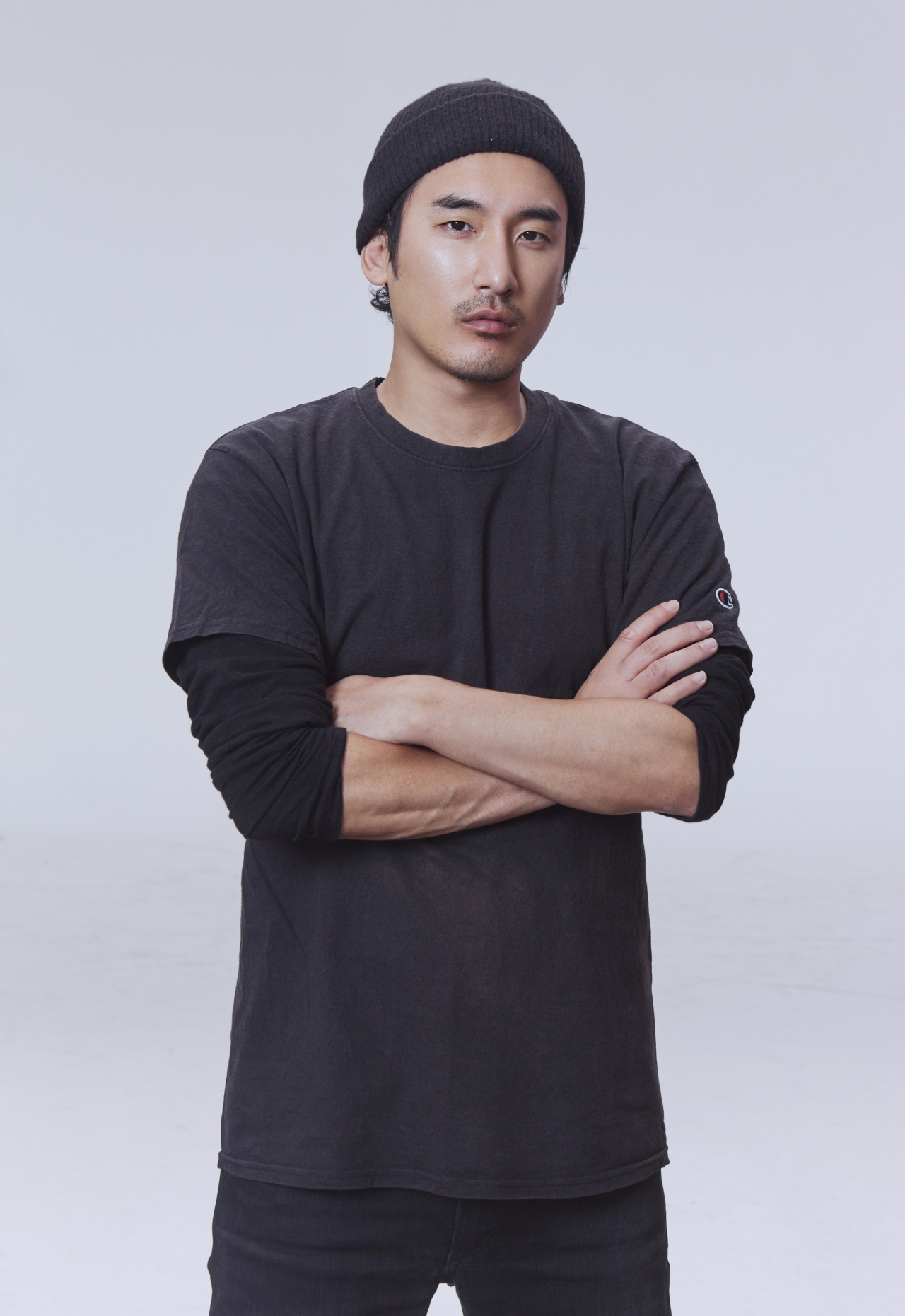Famous for commercials and web dramas that tell witty and visually intriguing stories with a comic twist in the end, Dolphiners Films is one of the hottest production studios in the Korean advertising business.
The creative studio rose to fame with Canon commercials released on YouTube in which celebrity chef Choi Hyun-seok (2015) and former soccer player Ahn Jung-hwan (2016) get killed by a bear while trying to take photos of it.
Then it made funnier commercials for ssg.com in 2016, E-mart and Uniqlo in 2017.
Praised for “presenting sensuous visual grammar for the digital era,” Dolphiners has won multiple awards at overseas film and advertising festivals, and won gold at the Korea Advertising Award for two years in a row from 2018.
“I think it’s been about 15 years since the first so-called ‘viral film’ was produced in the advertising industry. The purpose of a viral film is to be proliferated, shared and spread. More than 90 percent of the viral films produced in Korea, however, don’t go viral,” Shin Woo-seok said in an interview with Herald Corp.
The interview took place ahead of Herald Design Forum 2020 slated for Oct. 22 in Korea, where he will speak about the future of design in the advertising industry.
“We continued to make viral films for years. We didn’t do it because we predicted the future. We had nothing at the time, so all we could do was hold on to what we made, without compromising.”
Dolphiners was set up in 2007 by 20-somethings who wanted to make movies. They struggled financially for years.
“Once a viral film is released, we immediately get a report card with numbers showing the public’s response. If we want consumers to see a commercial without forcing it upon them, we must compensate them for the time they gave us – whether it’s laughter, a touching story or information,” the 38-year-old film director said.
Some describe Dolphiners’ works as “shocking.”
“Can this video persuade consumers? We apply this standard to our work as a (media) content, not just a commercial. Gone are the days when consumers had no choice but to watch commercials. Now, consumers choose the commercials they want to watch, and thus, each of them is an audience,” Shin said.
Some critics say that story-telling commercials break down the boundaries between advertising and visual media.
“I always say that commercials should evolve into content. In whatever way, advertisements must stop consumers and talk to them, and that’s why storytelling is essential. Producers of commercials now have to compete with numerous other types of content as the boundaries are blurring,” Shin said.
“This might sound radical, but it’s already happening. Personally, I’m delighted because I can try new things and make more daring attempts.”
In 2018, Dolphiners made a four-episode web drama titled “Ambergris,” with Samsung Electronics and Cheil Worldwide, about a girl looking for the ocean with artificial intelligence in 2053 when the world has become a dangerous place with extreme droughts and fine dust.
To create unusual content, Dolphiners operates in an unconventional way.
Normally, an advertising agency does the planning for a commercial, and a production company produces it.
The final result is produced through editing during post-production phase.
At Dolphiners, the director does the planning, writes the scenario, produces the film and edits it.
He does it with the help of the producers and staff, but a director is responsible for the entire project from the beginning to the end, according to Shin.
“This is why Dolphiners can only handle a relatively small number of projects. But considering the quality and the direction that we pursue, it’s hard to expect a satisfactory result through a different work flow,” he said.
Shin, who has always wanted to make films, is now working less on commercials.
A new music video and digital sound project that he directed will be released soon, and he is also considering film proposals.
“I don’t want Dolphiners to be just a commercial production company. We will work on other projects as well as advertising, and we hope our creativity can be completed in various forms of work,” Shin said.
By Kim So-hyun (
sophie@heraldcorp.com)








![[Today’s K-pop] Blackpink’s Jennie, Lisa invited to Coachella as solo acts](http://res.heraldm.com/phpwas/restmb_idxmake.php?idx=644&simg=/content/image/2024/11/21/20241121050099_0.jpg)